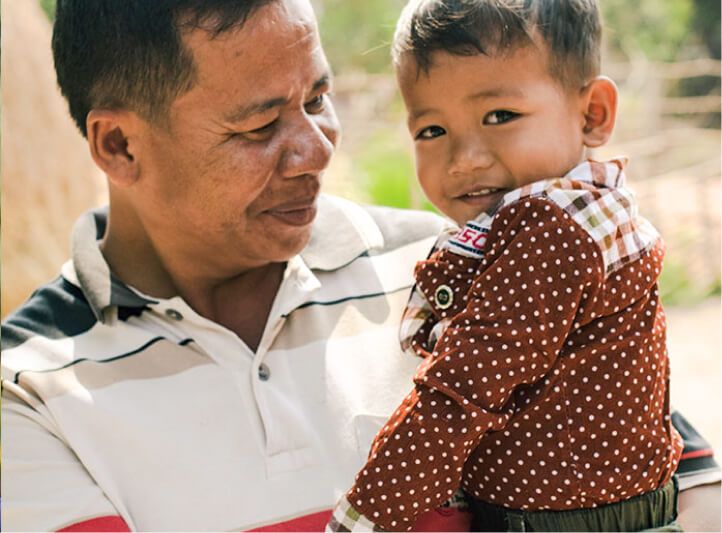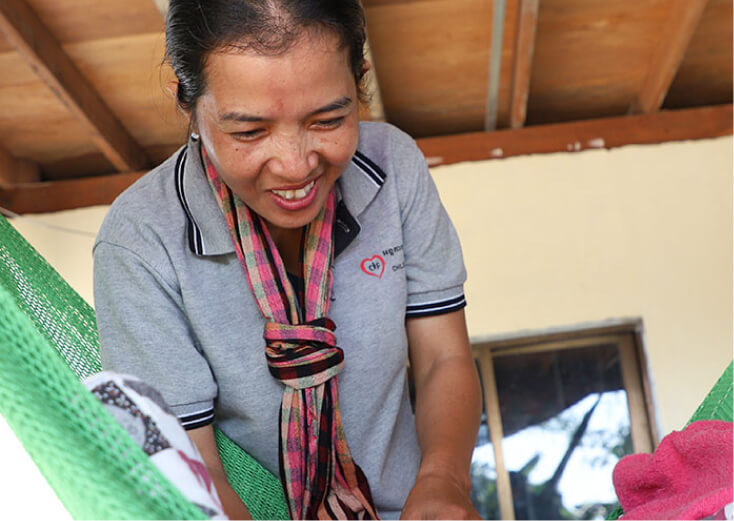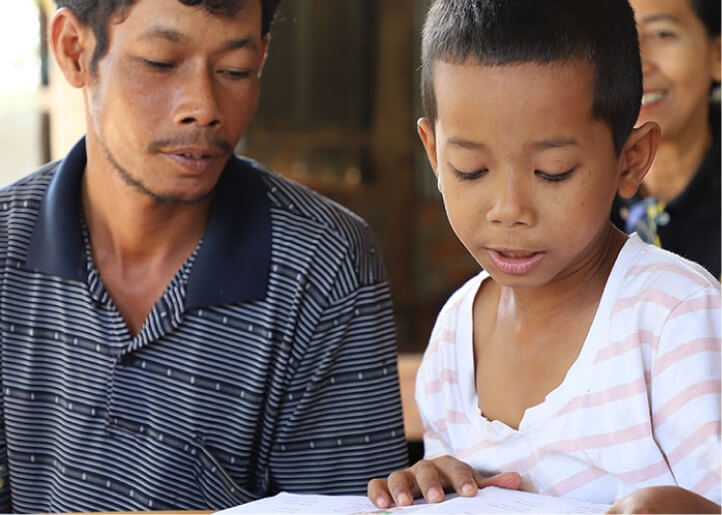Data can be defined as factual information, including statistics and numbers. Evidence is the application of data to a question, hypothesis, or claim, testing whether it is or isn’t true. Evidence and Data in this section of the puzzle relate to children’s care and the care system.
Resources relating to data, the application of data and the evidence and data agenda can be found in this section. This includes information on enumeration studies, household surveys and information on trends and outcomes for children that draw on statistical and administrative data analysis.
Indeed, all children count, but not all children are counted. As a result, some of the world’s most vulnerable children – those without parental care or at risk of being so; in institutions or on the street; trafficked; separated from their families as a result of conflict, disaster or disability; or recruited into armed groups – have largely fallen off the UN’s statistical map.
-
All Children Count,But Not All Children Are Counted
Critical Resources
Early Childhood Development Index 2030Articles
Four Principles to Make Advanced Data Analytics Work for Children and FamiliesTools
Building Positive Futures: Exploring a Peer Research Approach to Study Leaving Care in AfricaArticles
Researching Unaccompanied and Separated Children on the Move: Lessons learnedCase Studies


